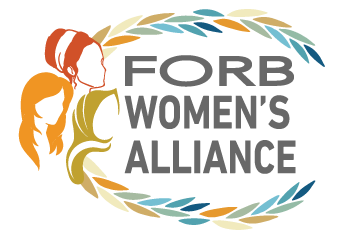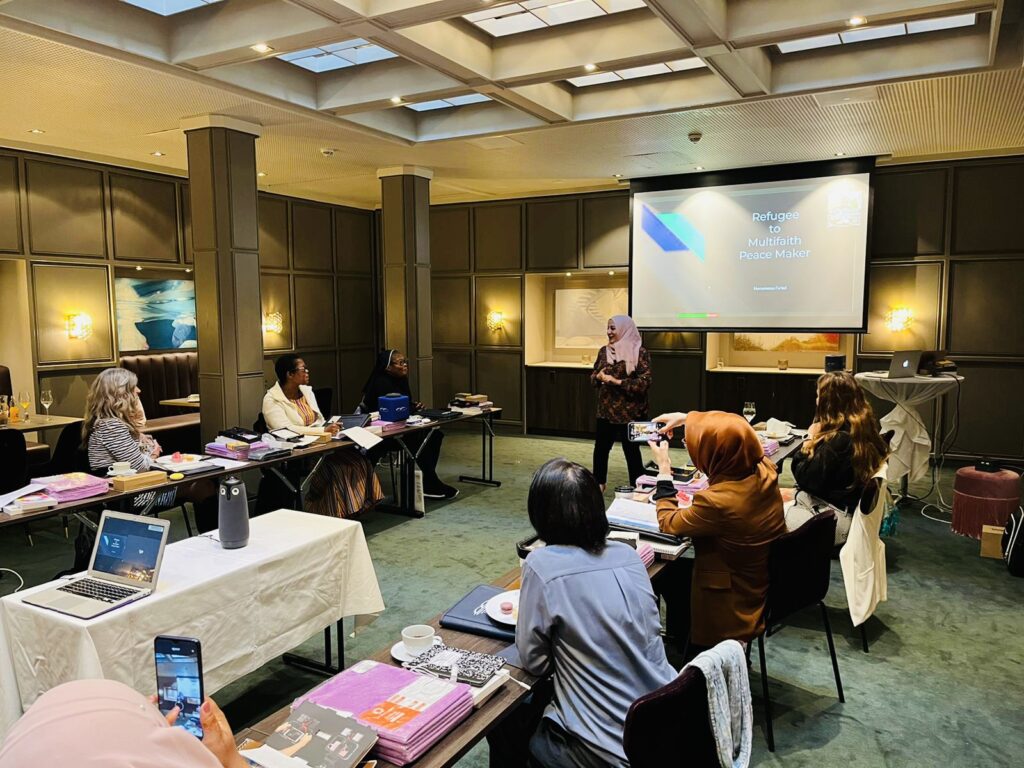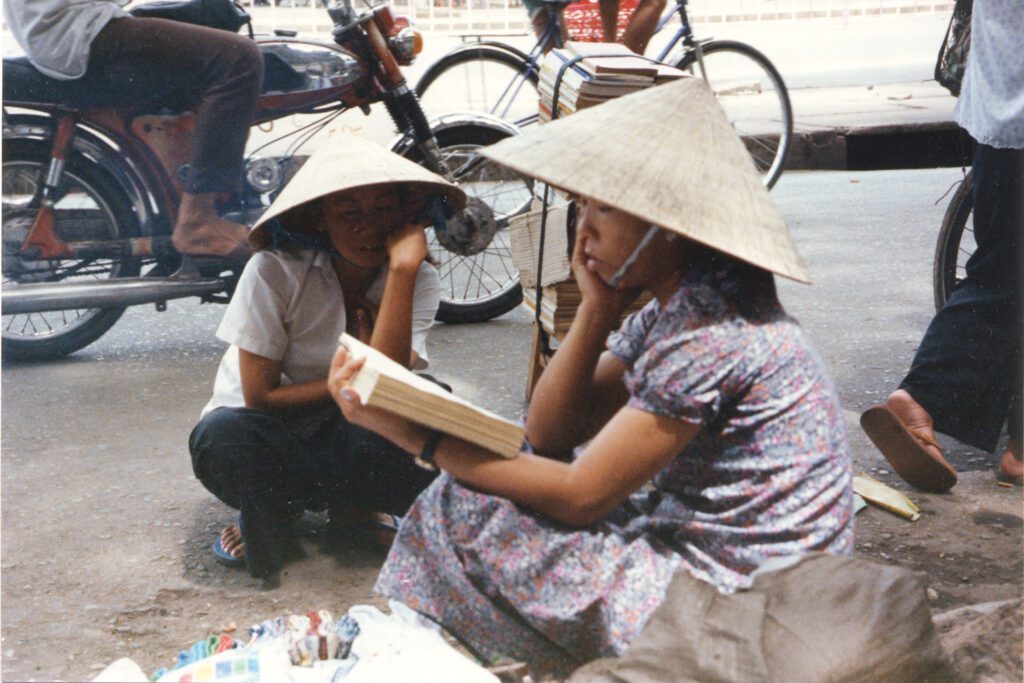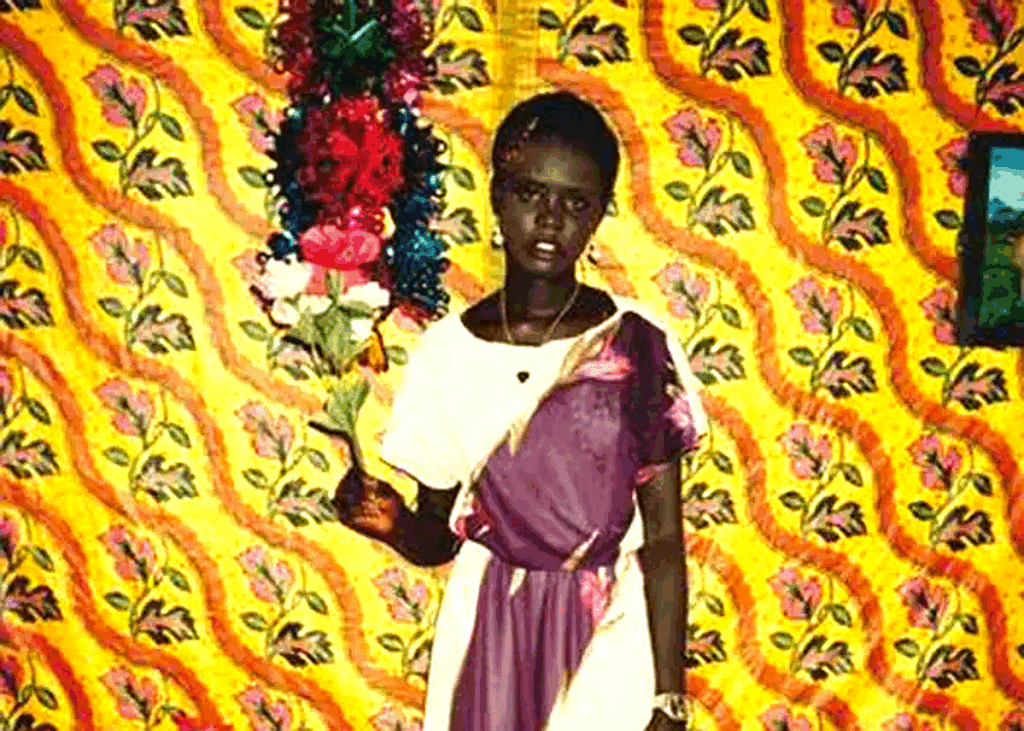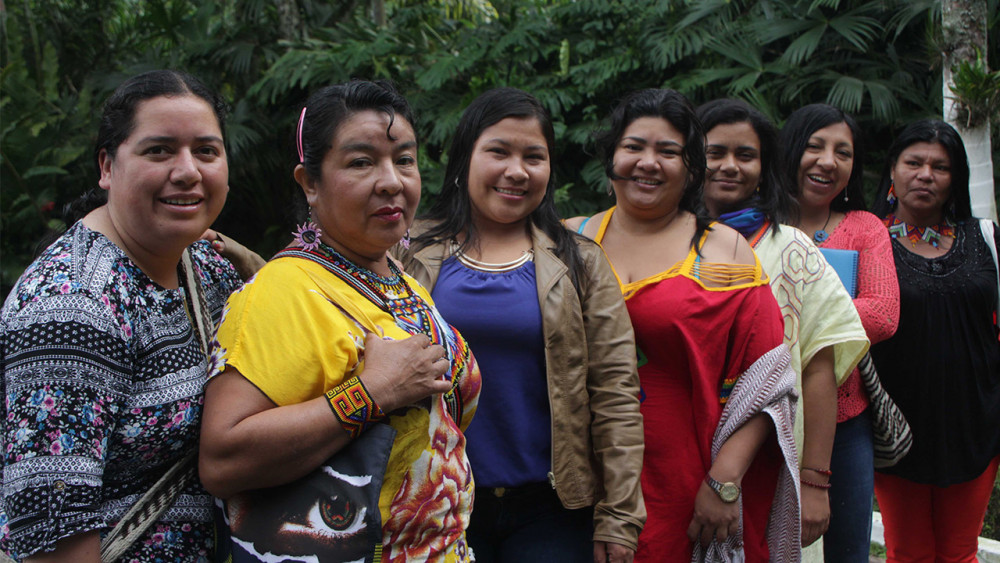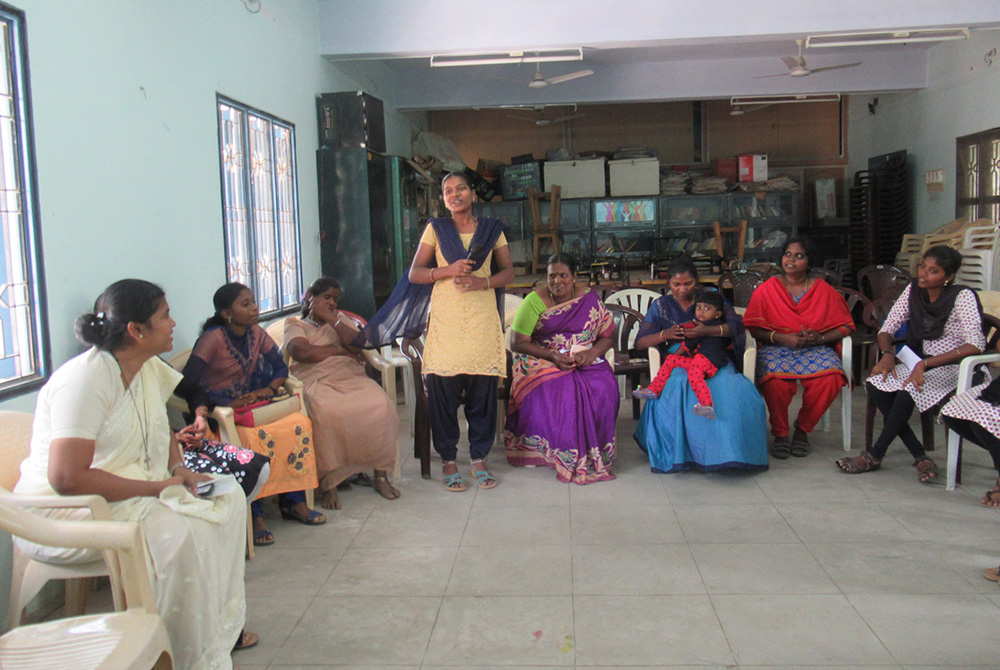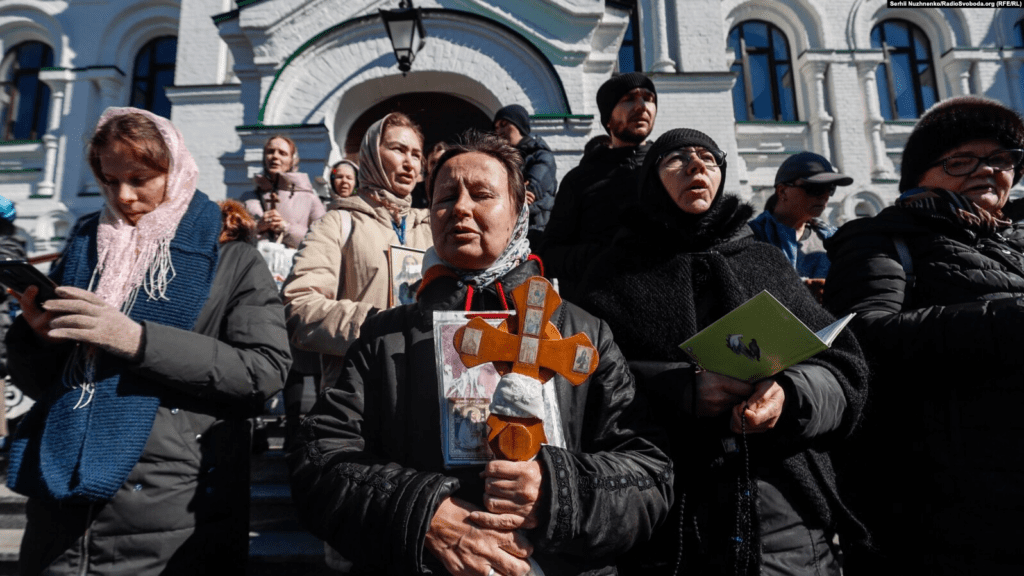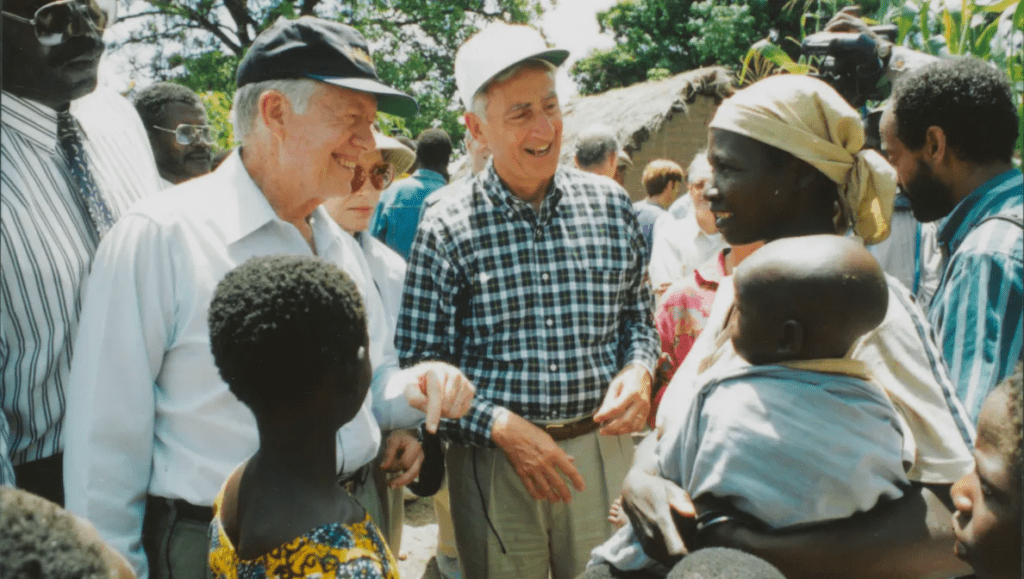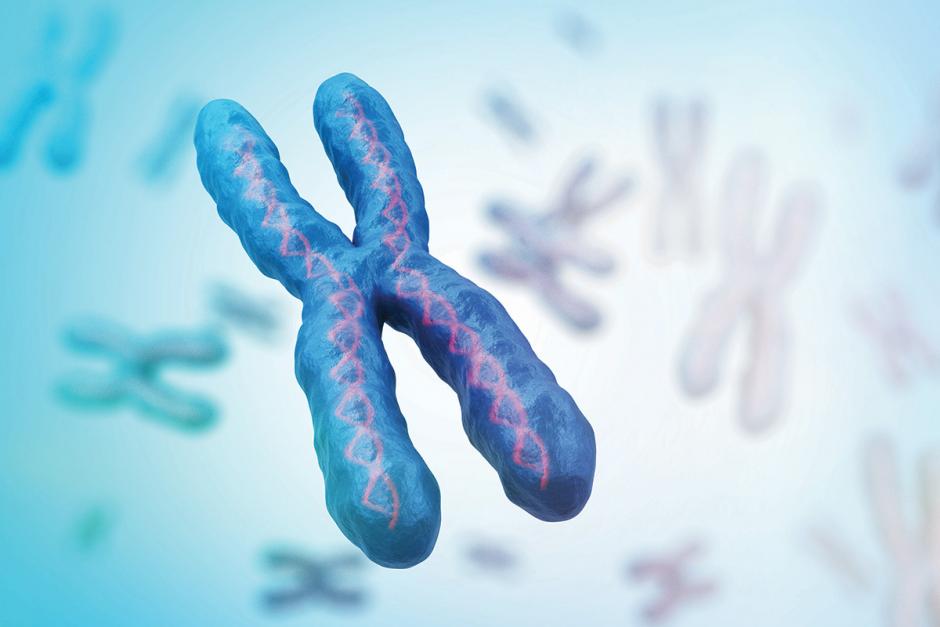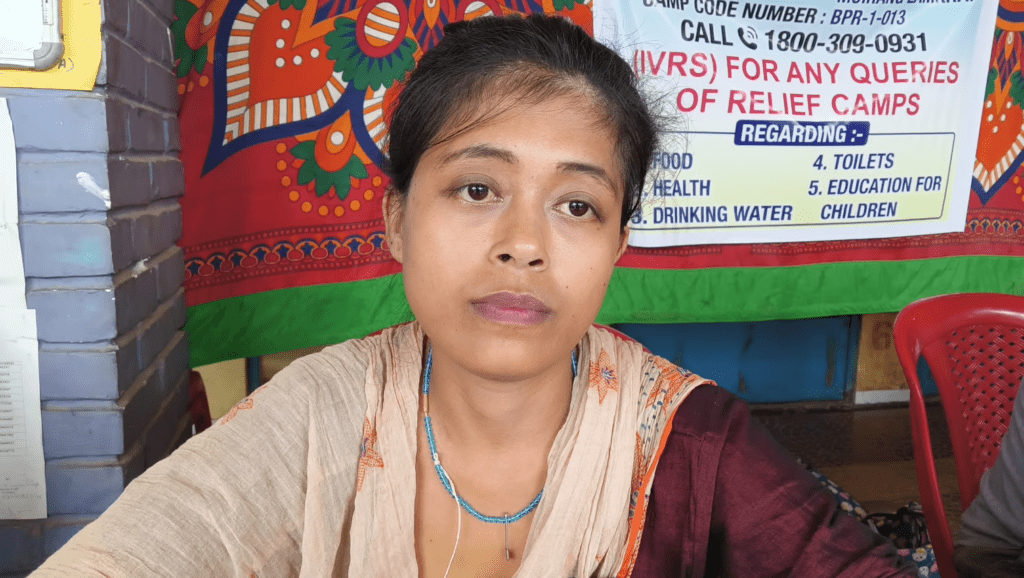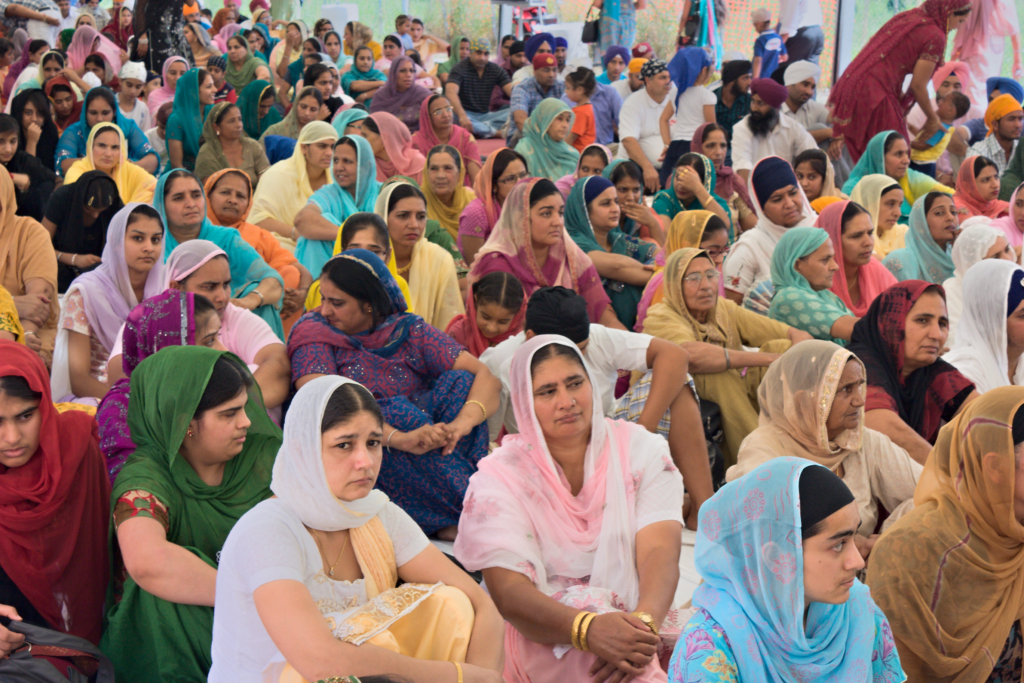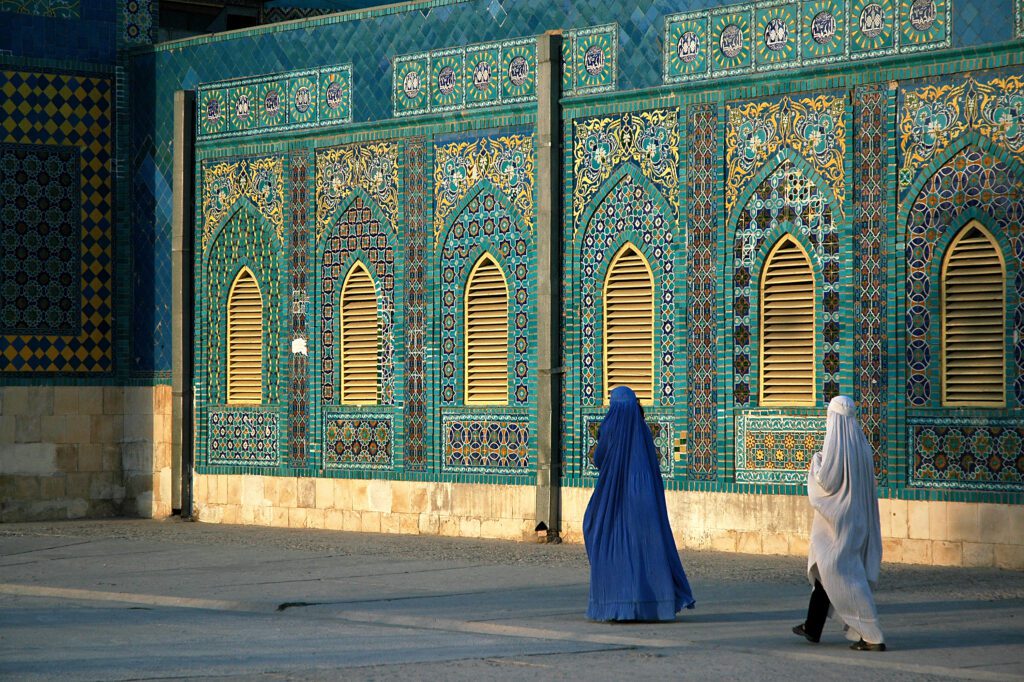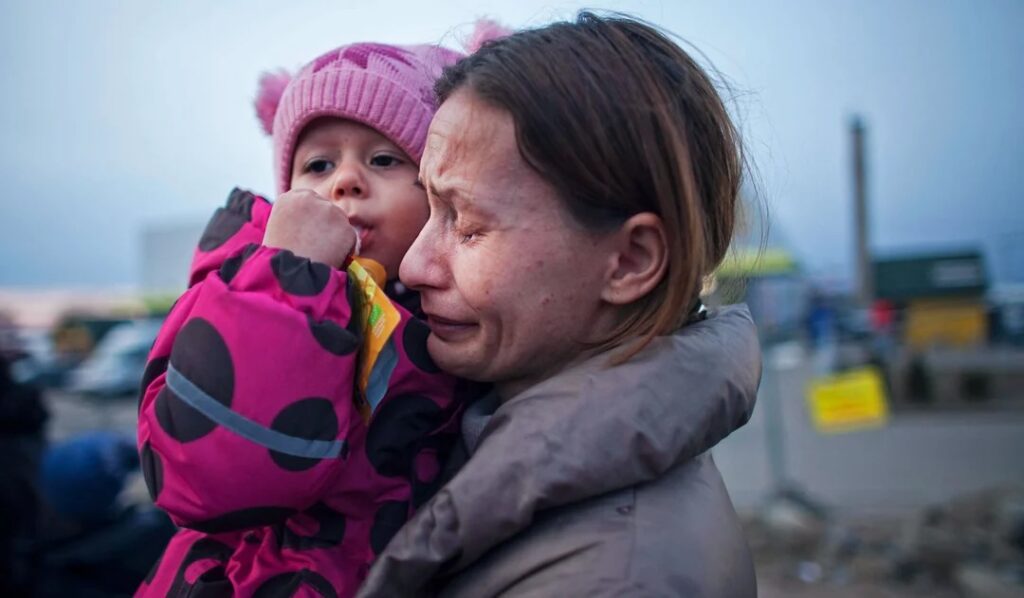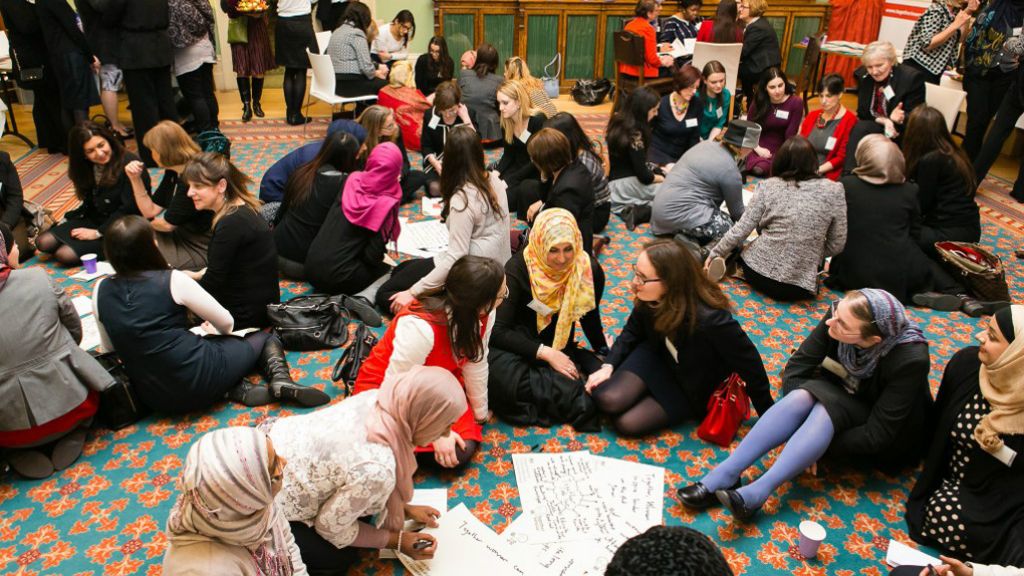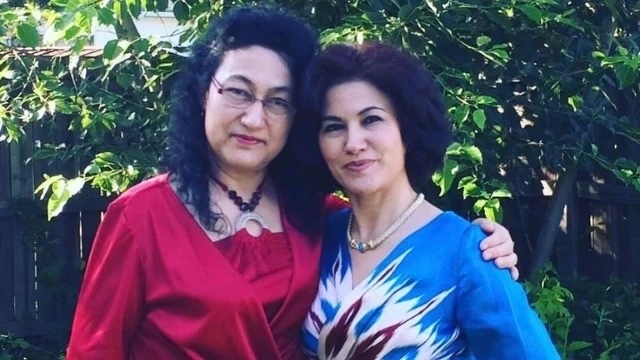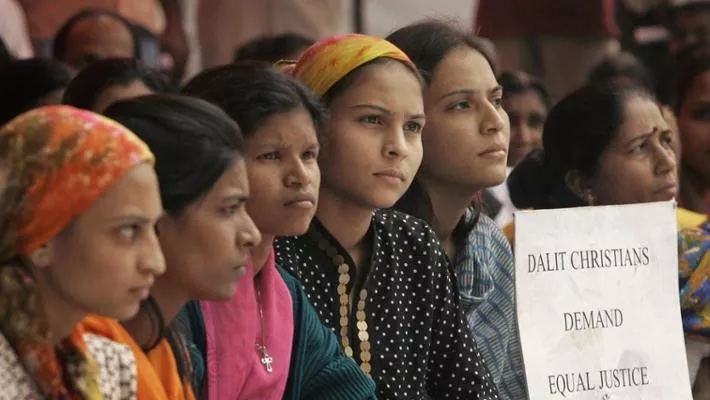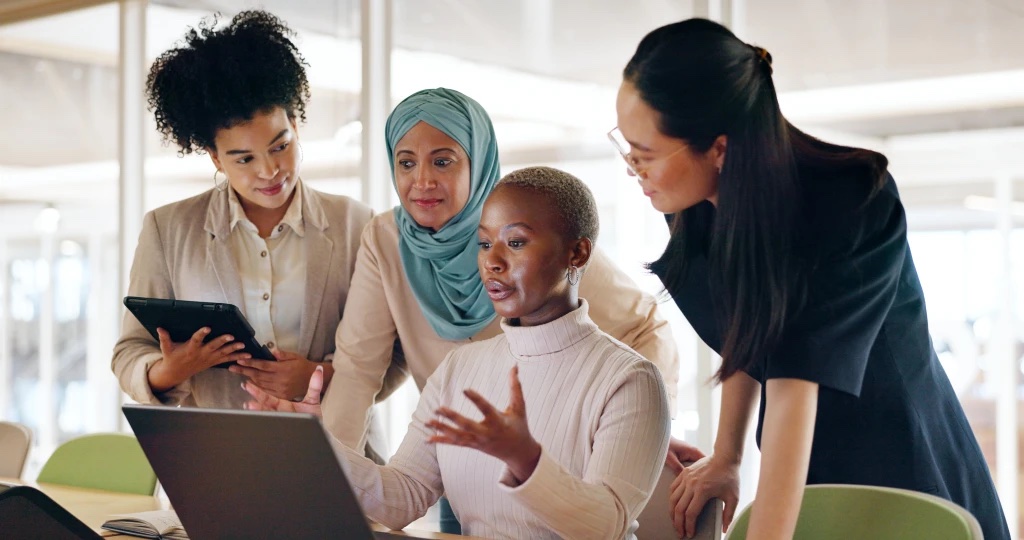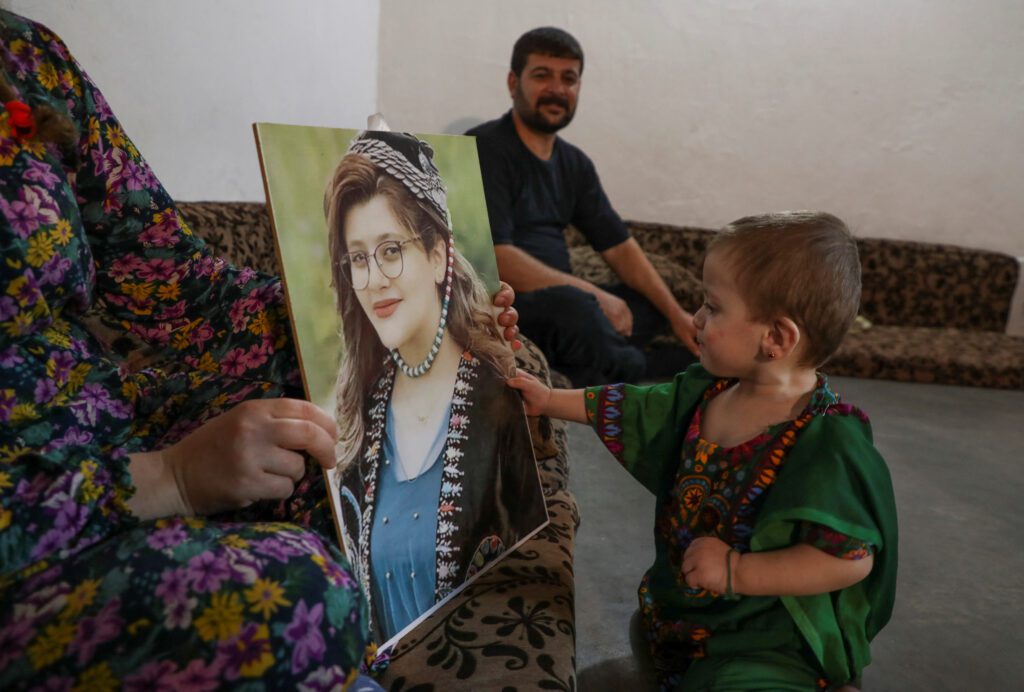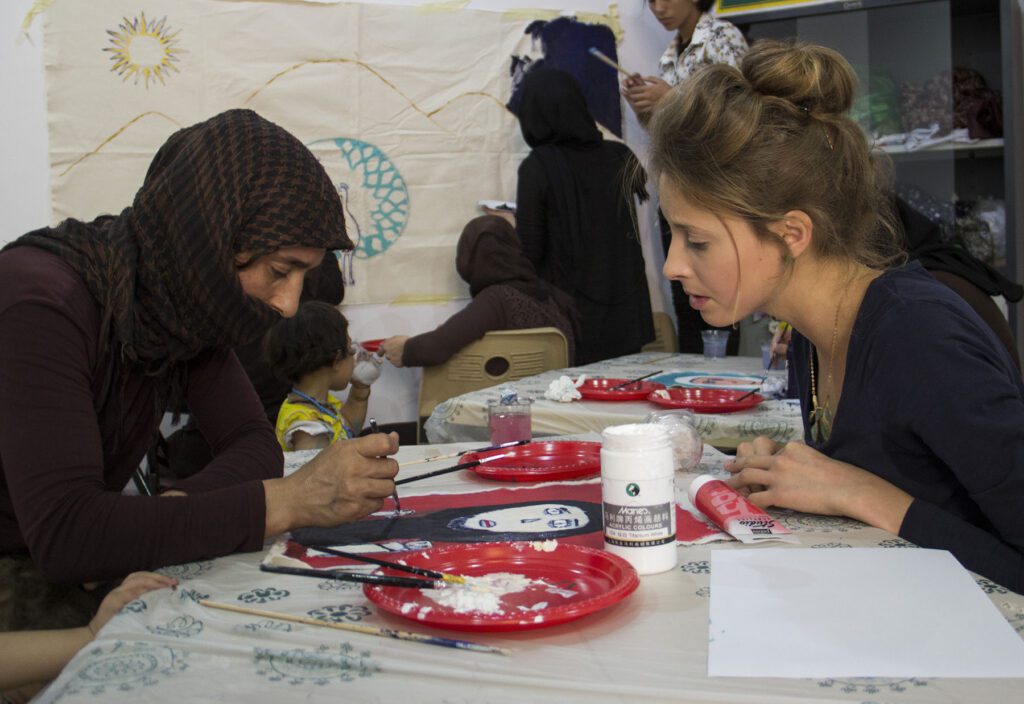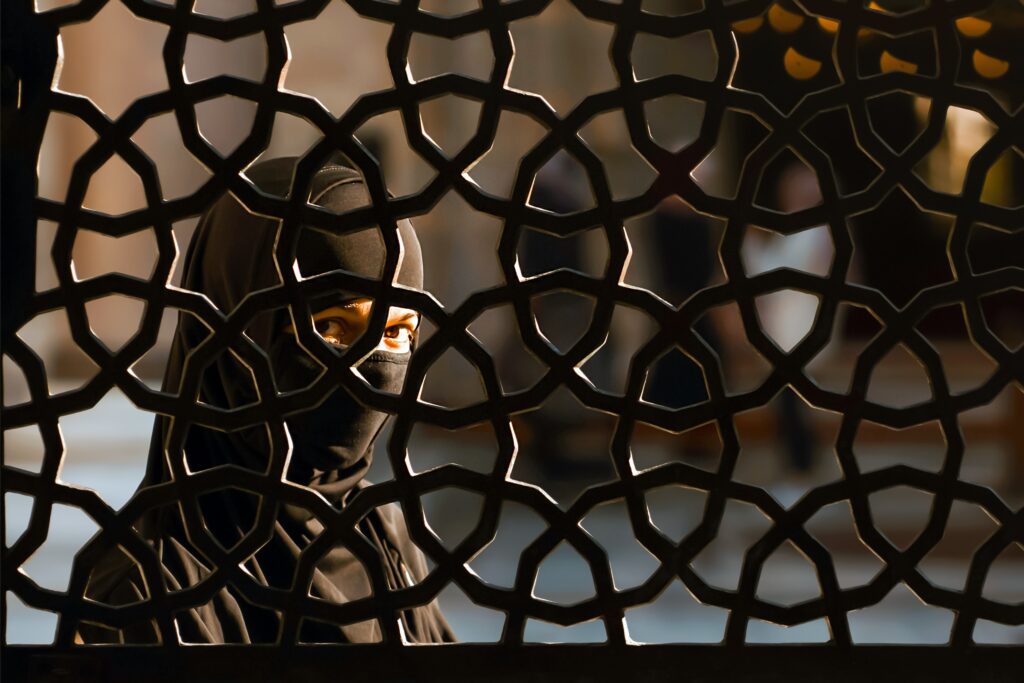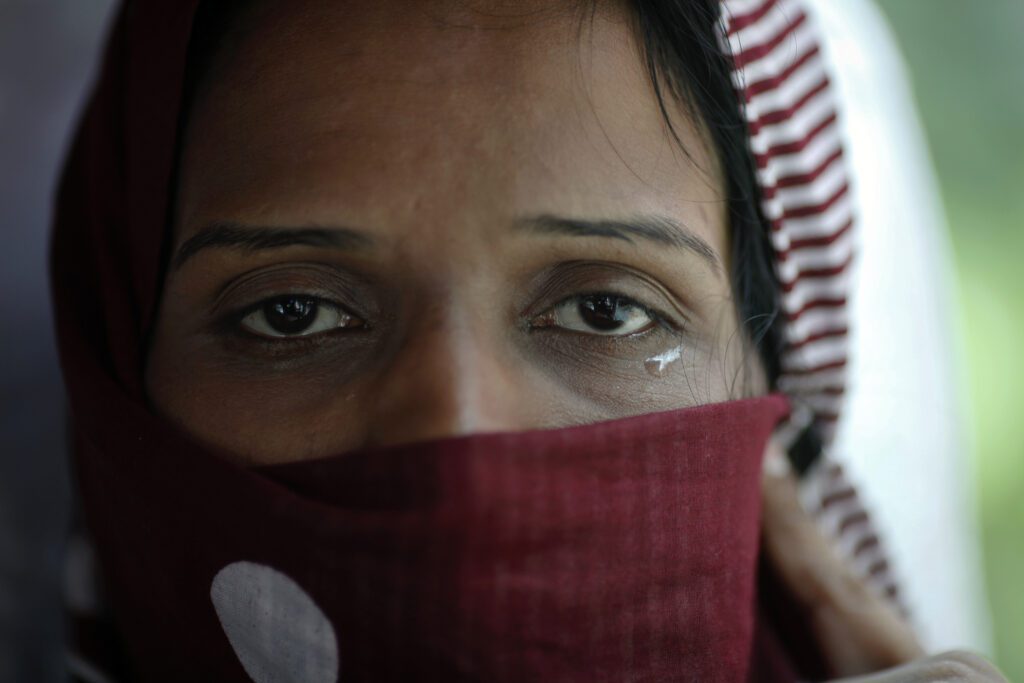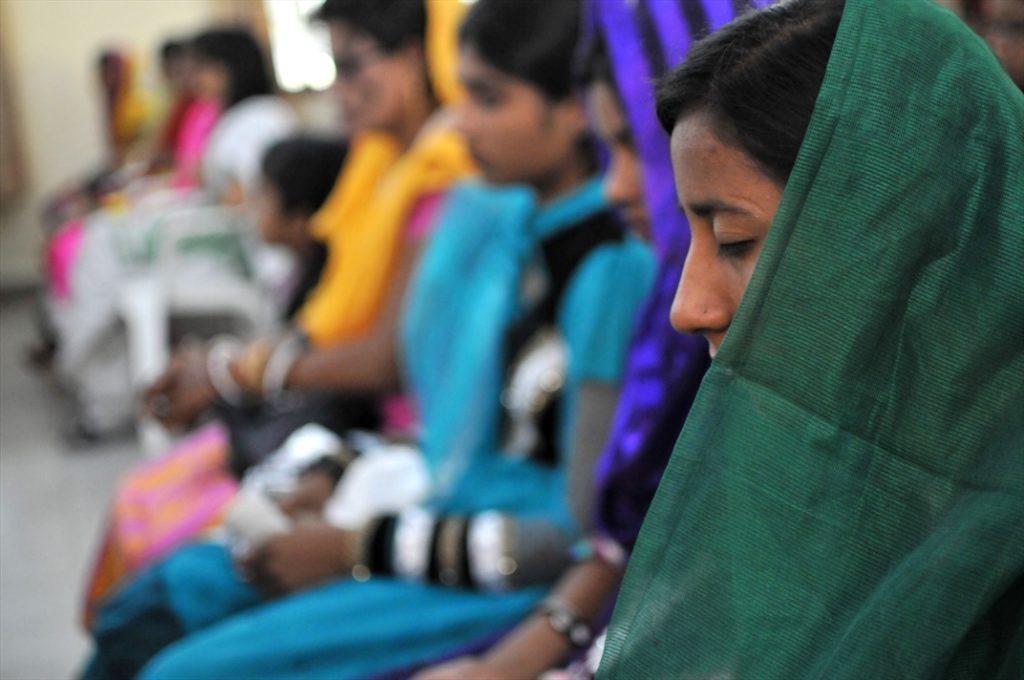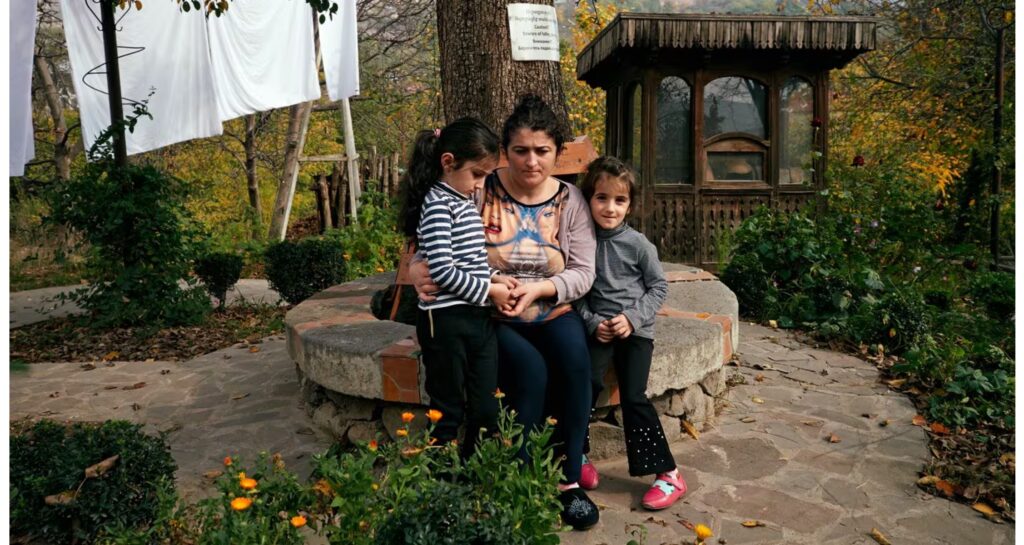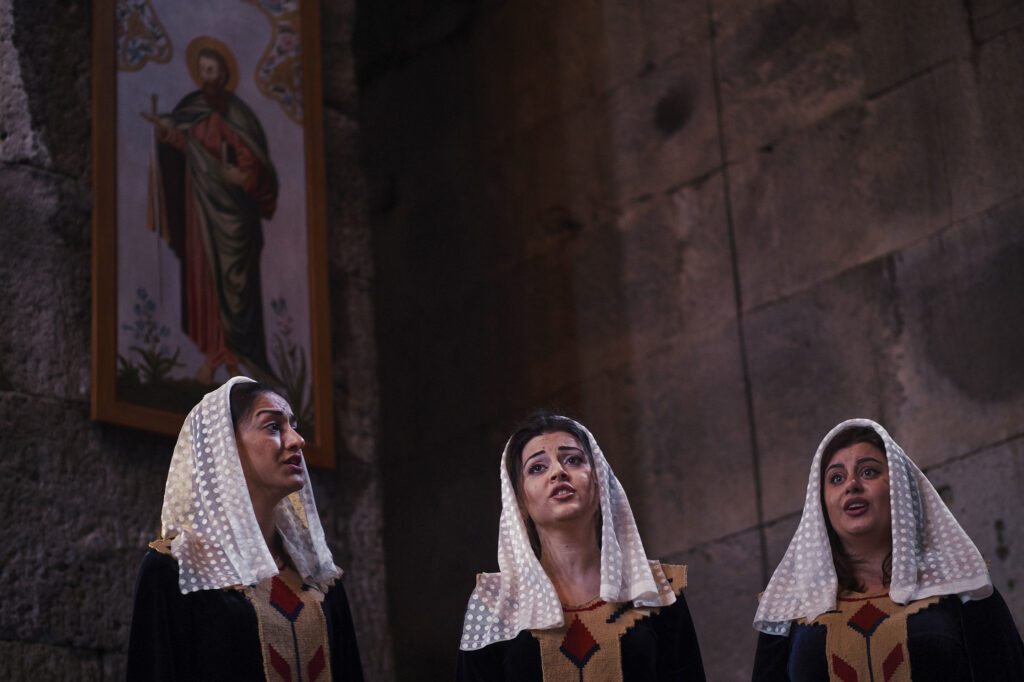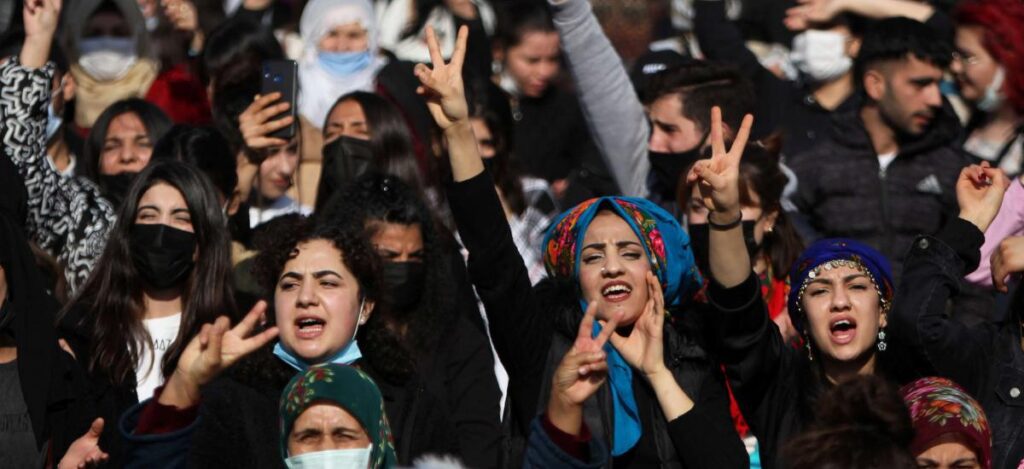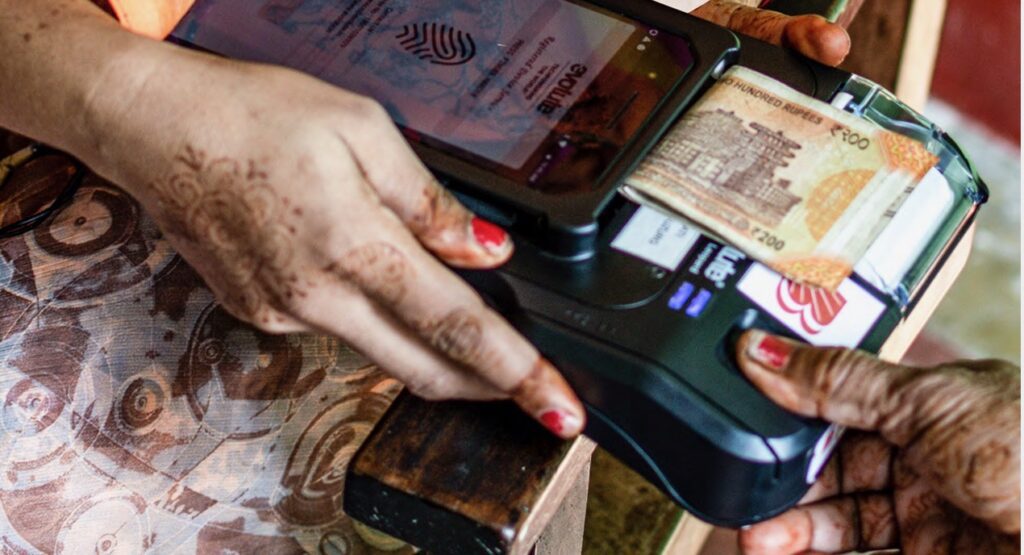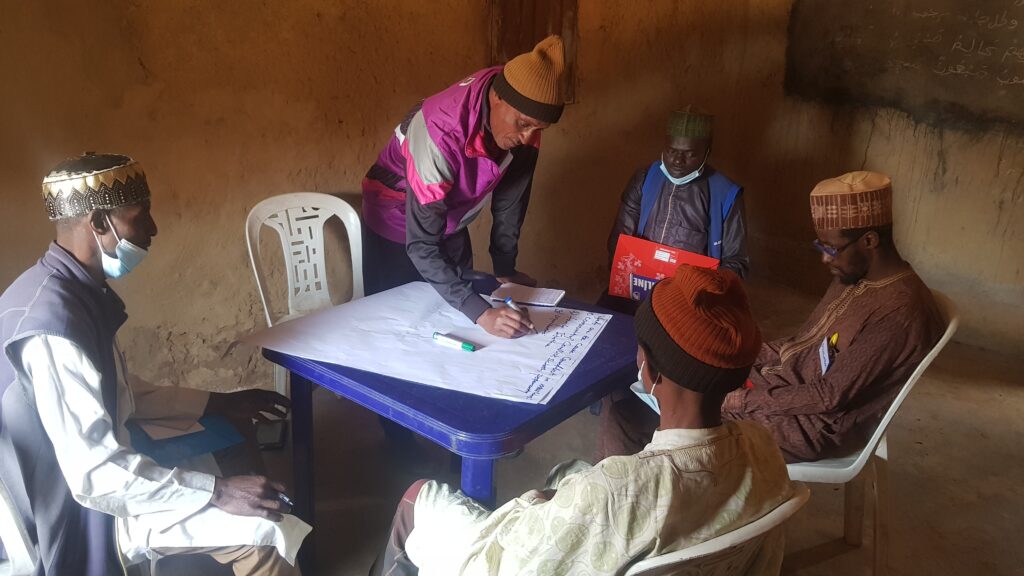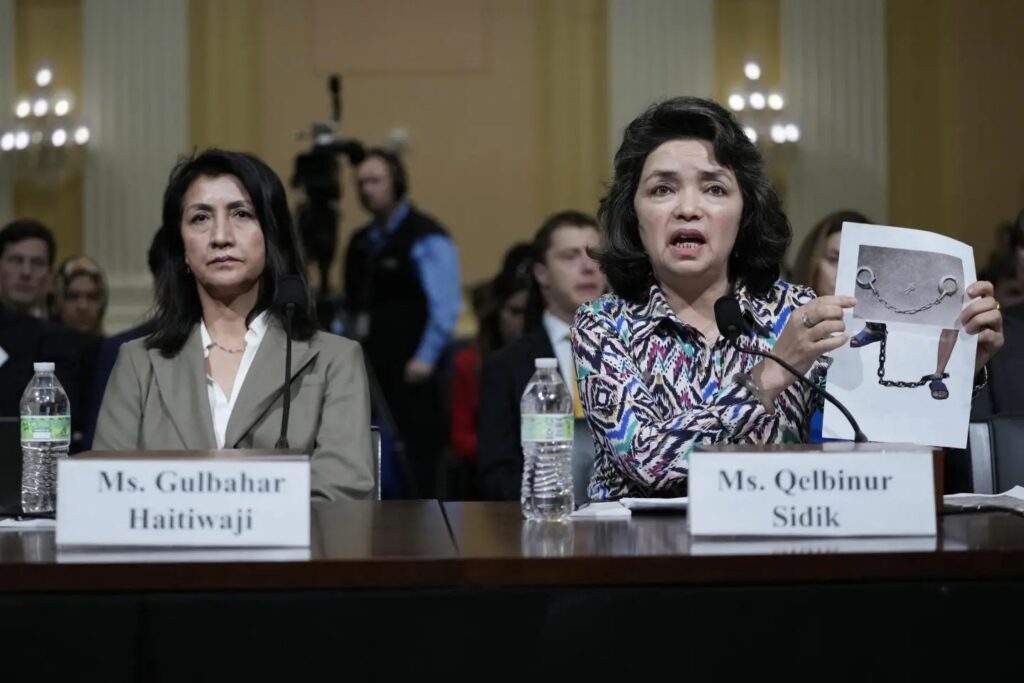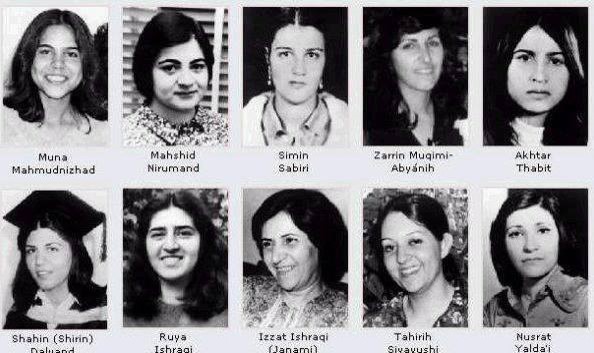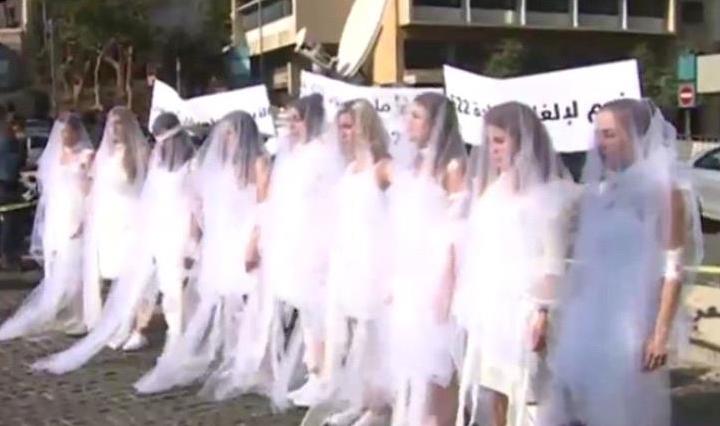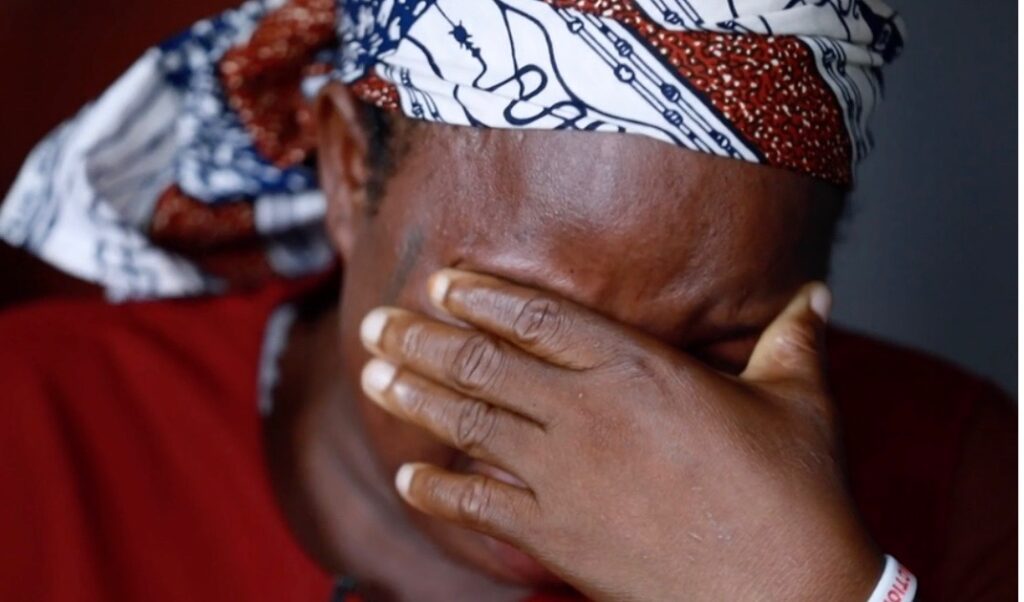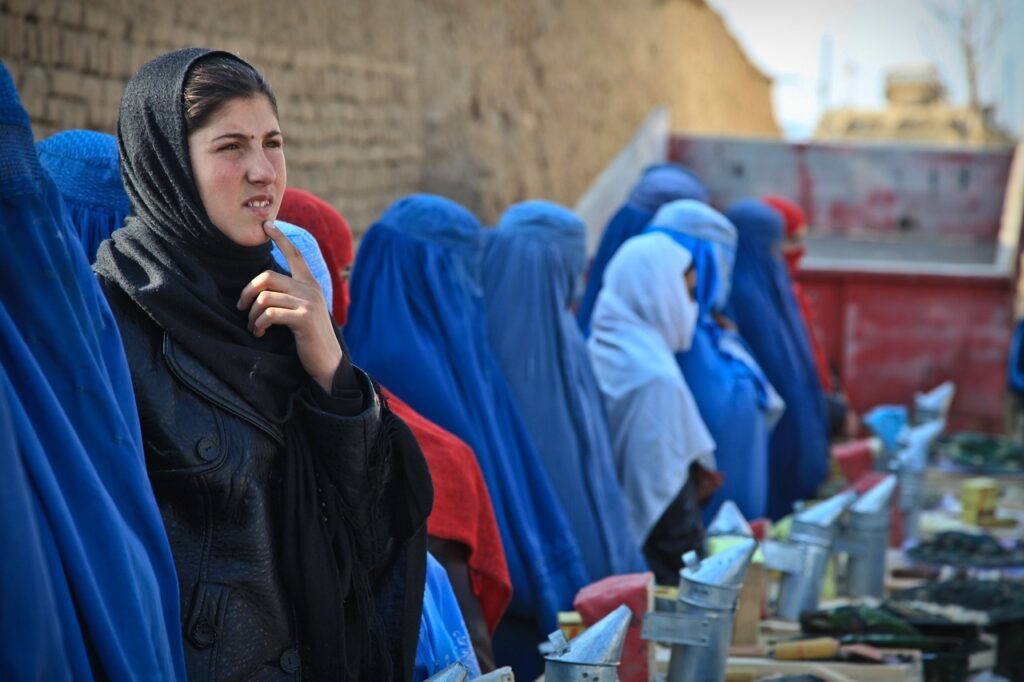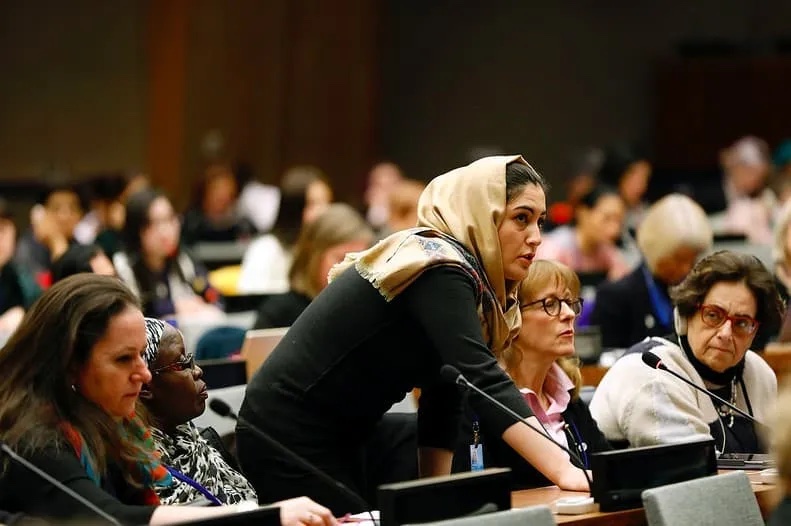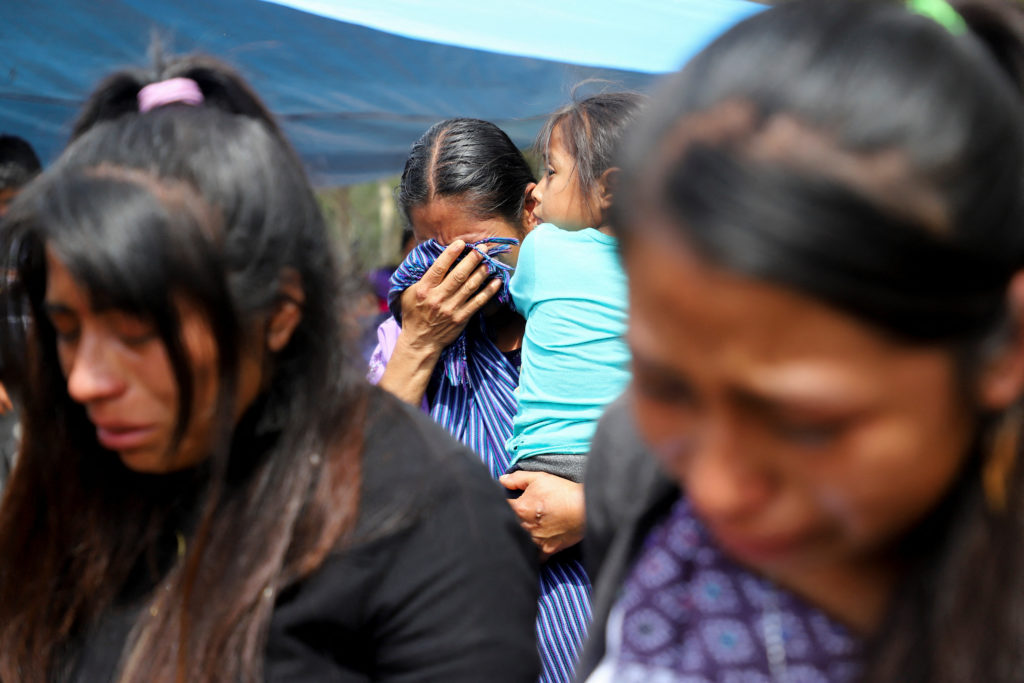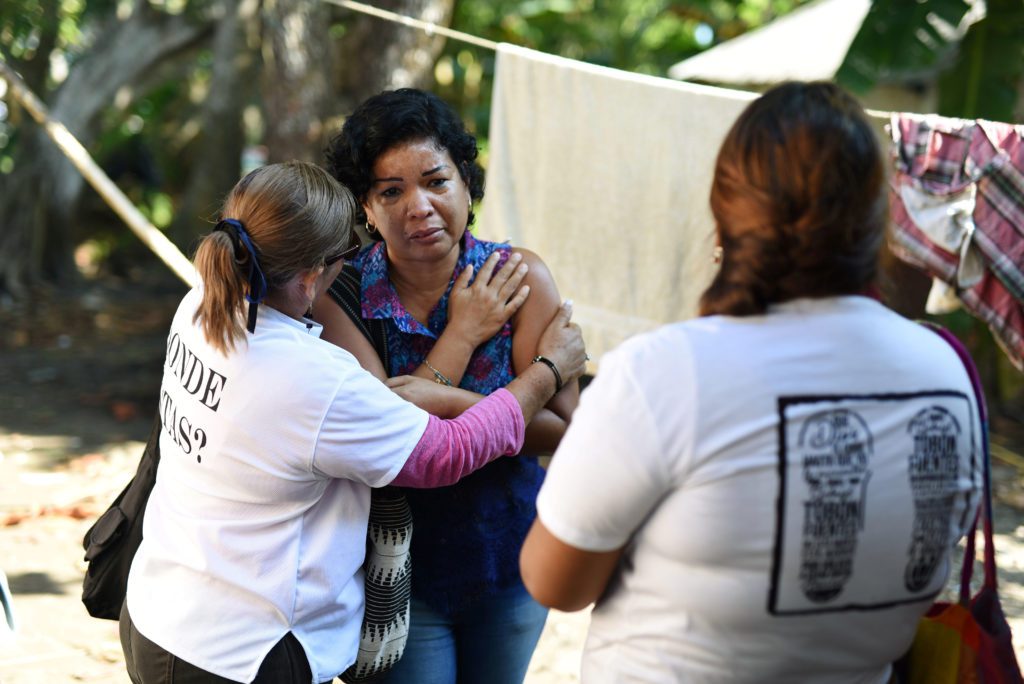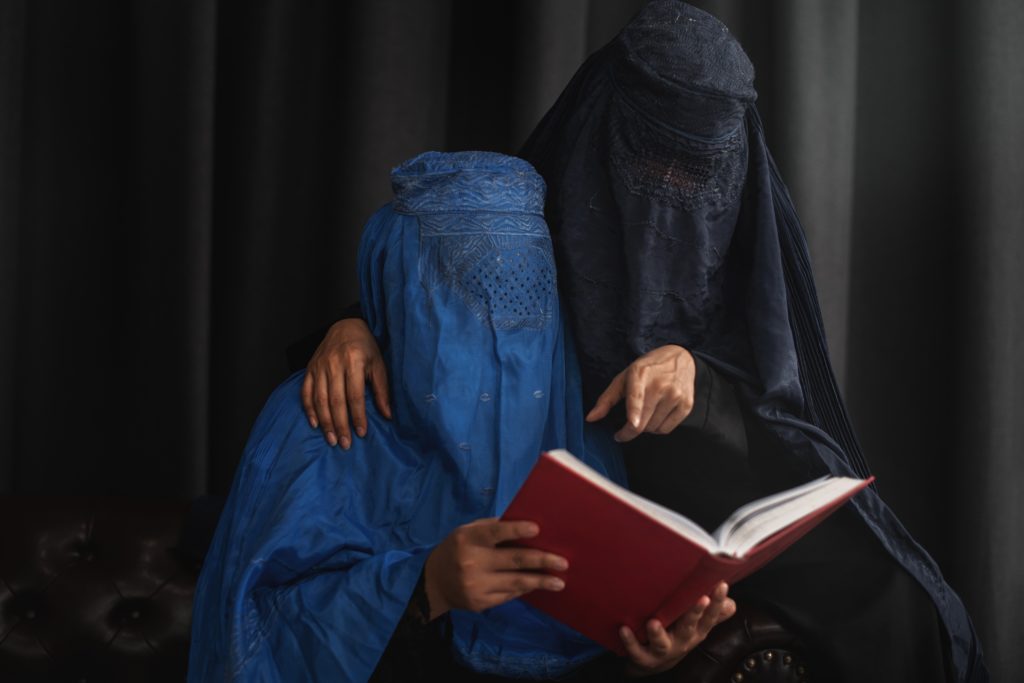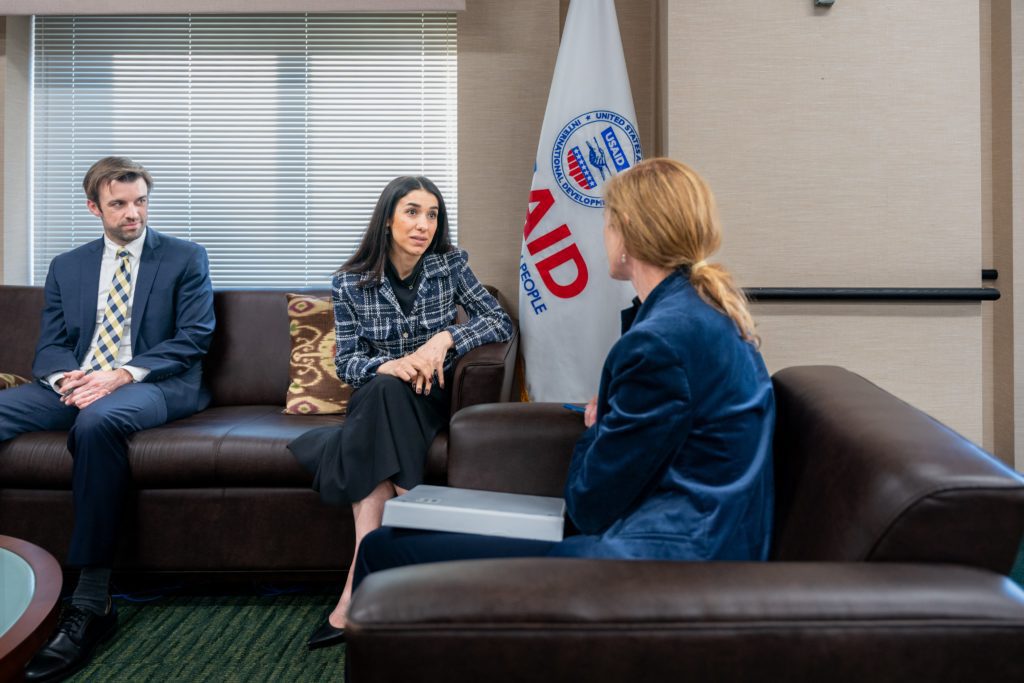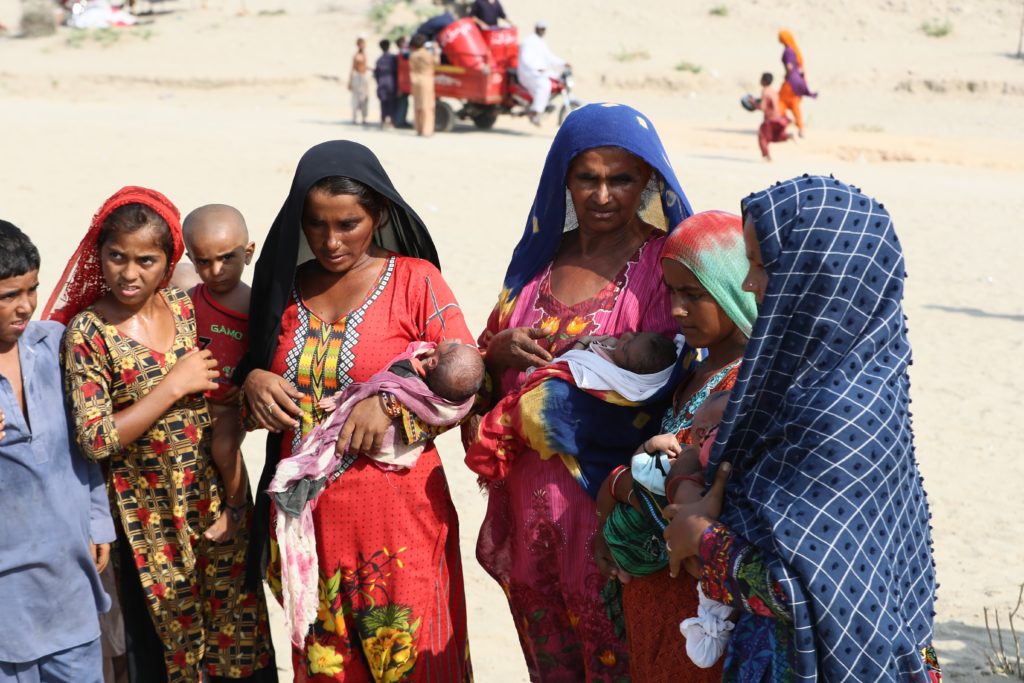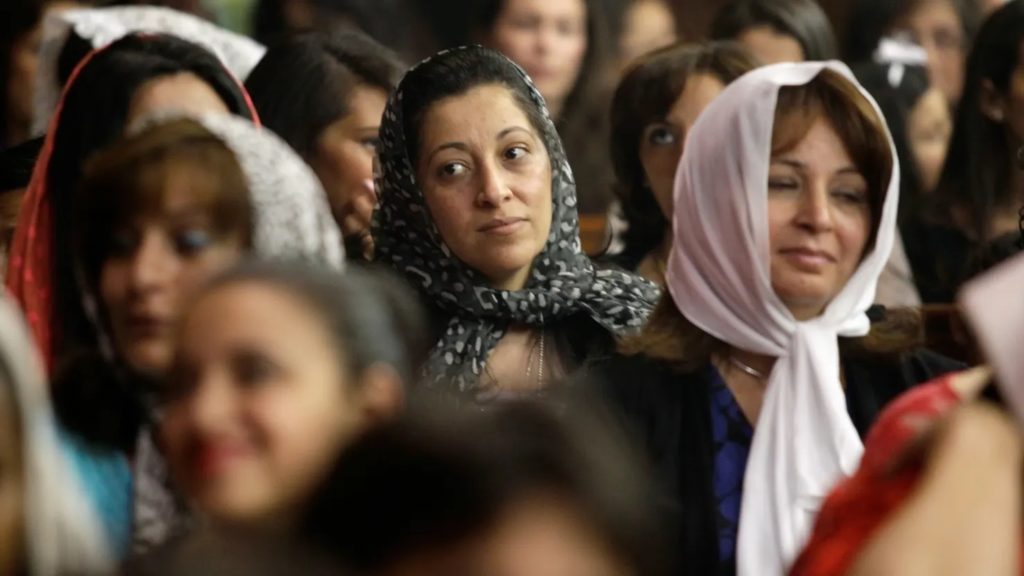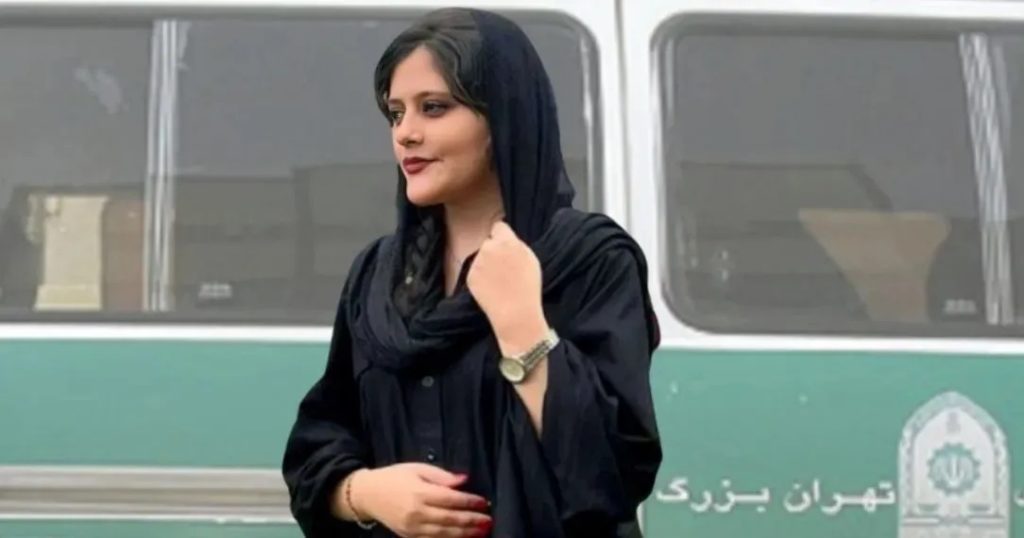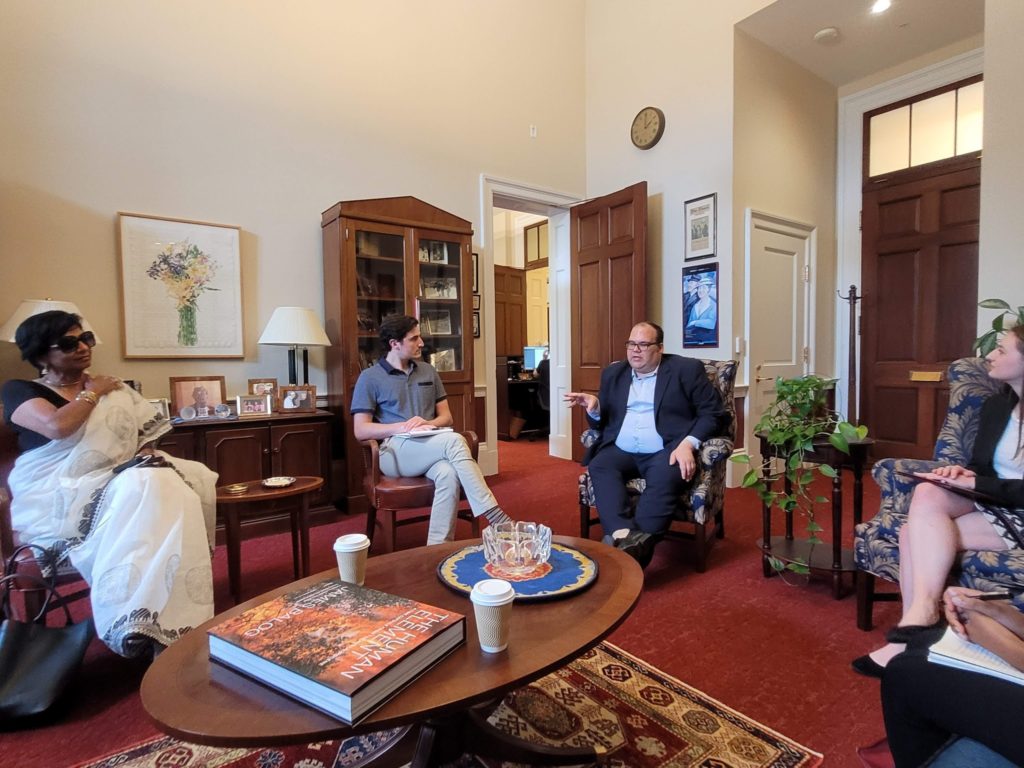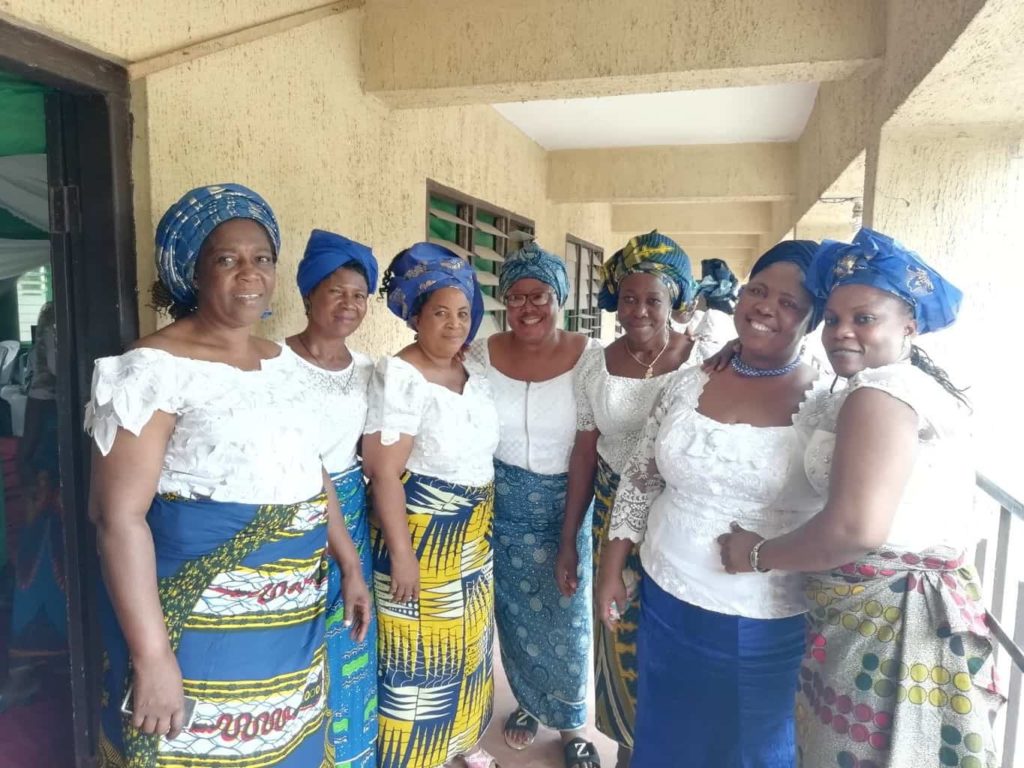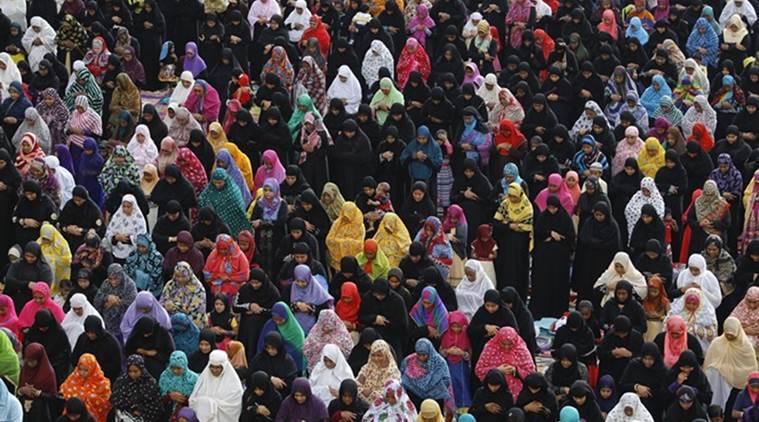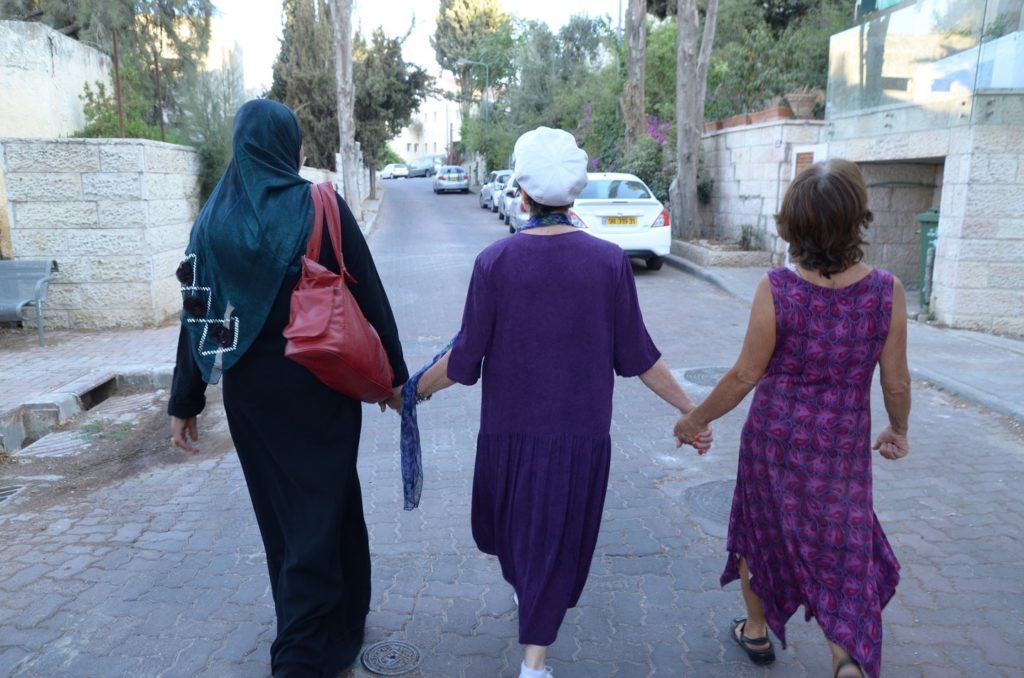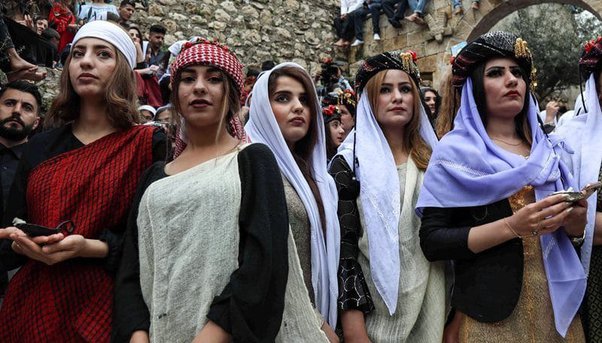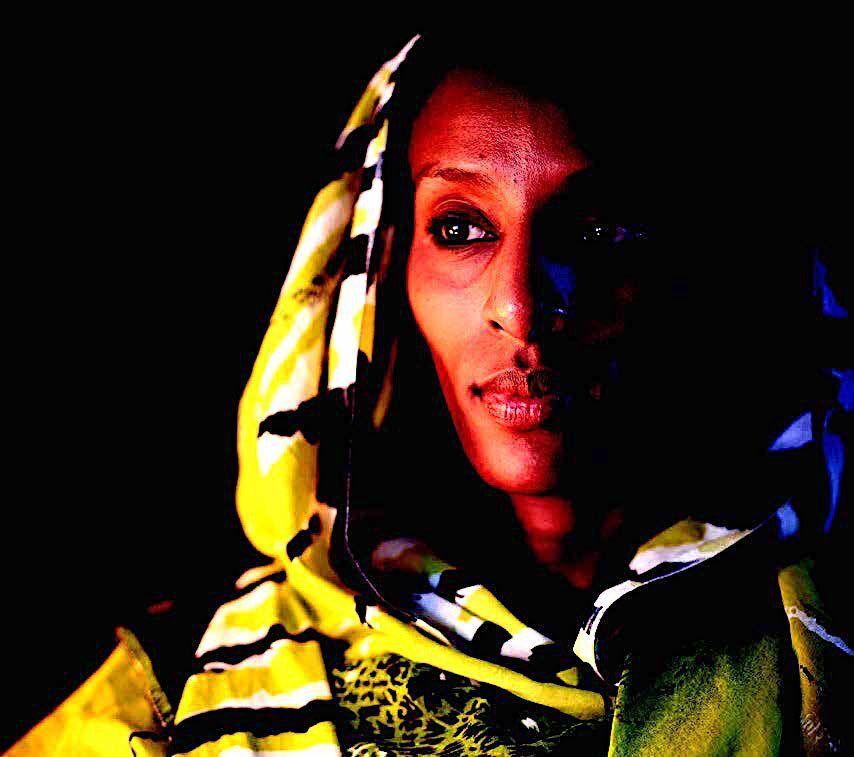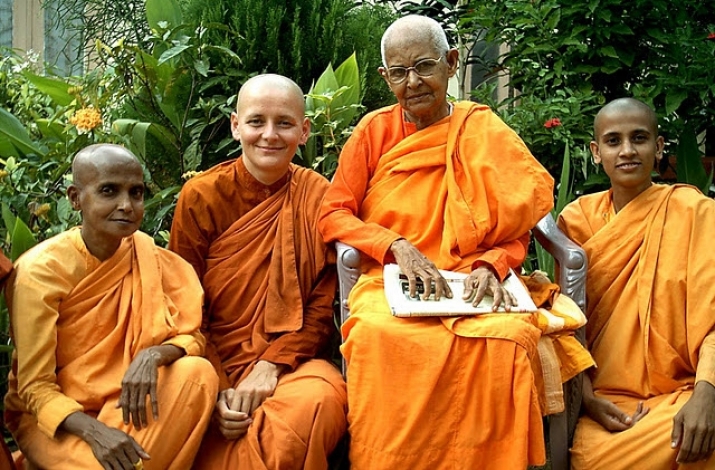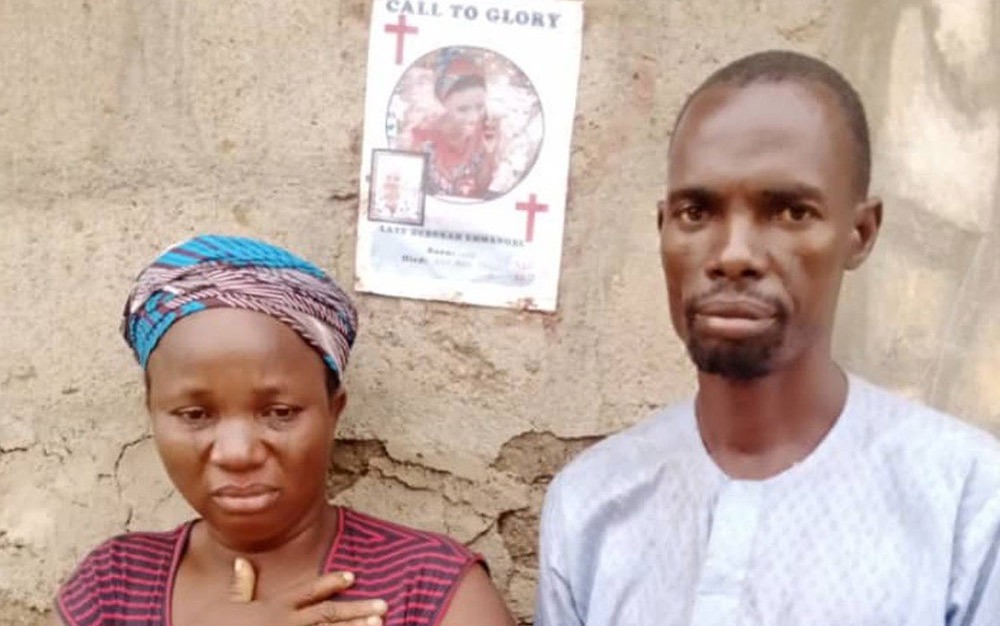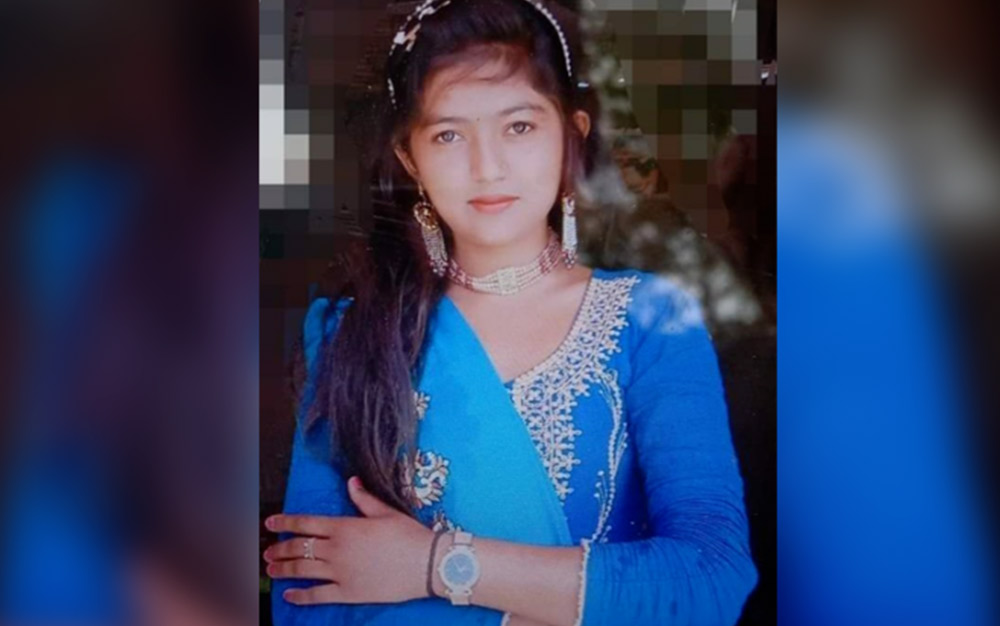I don’t know how I got into multi-faith peacebuilding, but what I do know is that it chose me. Never in my wildest dreams did I think I would be working in a field where my faith would be front and center. This journey has been extremely rewarding and life-altering for me.
When I was a child, my elderly father would reminisce about his childhood in Samarkand, Uzbekistan. He would tell me about Muslim and Jewish people living together with dignity and respect and the many interfaith marriages that took place between the two faith groups: they had a national bond rather than a division of faith. He also talked about Christians and Jewish people being “people of the book,” as they are referenced in the Quran.
Growing up in Queens, NYC, I was surrounded by people from different cultural and faith backgrounds. In addition to the religious diversity in my neighborhood, I attended school with people who were Hindu, Sikh, Christian, Jewish, and other faiths. Building friendships and relationships with them was normal and easy for me.
I retained many of these friendships after I moved to Virginia and became a Vice-Principal of an Islamic school at the ADAMS Center. After 8 years as Vice-Principal, I switched my role there and became Head of Outreach and Interfaith. I realized that my experiences as a child would help me in my new position to build new relationships and friendships with people of different faiths—that is, except for one with whom I was a bit hesitant to interact, white Evangelical Christians. For so many years, and especially since September 11th, I had watched numerous videos and news segments which, in their portrayals of Muslims and Islam, to me conveyed how much many white Evangelical Christians hated both and promoted Islamophobia and anti-Muslim hate speech.
Then, I was thrown into the mix of working with white Evangelical Christians. Along with other Muslims, I was invited by a white Evangelical Christian group to participate in a program that brought together the two groups with the goal of building relationships. I didn’t know what to expect, and I was on edge. When I finally met and interacted with them, I realized they were human beings like the rest of us. They feel, pray, and eat, and we all are descendants of Adam and Eve. These were not the white Evangelical Christians who were spreading hate or disinformation. These were the ones who wanted to interact with Muslims, learn about us, and, for so many of them, welcome and love the stranger.
I had perpetuated the same preconceptions about them which have been perpetuated on Muslim Americans post-September 11. I had grouped all of them into one camp and decided they all were guilty of hating Muslims, and they all wanted us out of the United States. I had to remind myself how harmful that kind of thinking can be. So, with an open mind, I have embraced the friendships I have made in the time I have been working alongside white Evangelical Christians. As a Muslim, I also have leaned into my responsibilities to people of all other faith groups.
As the years have passed, I have learned much about how Islam as a faith promotes collaborating with other faith groups and enhancing religious freedom. An article that Imam Mohamed Magid, Executive Imam of the ADAMS Center, and I wrote, An Islamic Theology of Multi-Faith, references Quranic texts about the necessity and importance of multi-faith peacebuilding and that God made us into nations and tribes so that we will get to know each other.
I have gone from being fearful of certain faith groups to advocating for them as religious minorities in Muslim-majority countries, especially over the last three years as I have served as the Director of Outreach at the Multi-Faith Neighbors Network . During a clergy retreat in Khartoum, Sudan in 2023, it was thrilling to see Christian women talk freely about their treatment without fearing any retaliation. I could feel how they finally felt heard by their Muslim neighbors. At that moment, I knew I was doing work that God himself was proud of and was encouraging me to continue doing.
I have been invited to facilitate workshops for women of faith, mostly Catholic nuns and Muslim women worldwide. These workshops teach skills in public speaking, leadership, and multicultural and multi-faith norms. I have trained women in public speaking so that they can gather their thoughts in a cohesive way to ask for change from their community leaders and point out injustices. I have trained women in leadership skills so that they can be more confident in their community work and uplift other women into positions of leadership. I have trained women in multi-cultural and multi-faith norms so that they can reach out to their neighbors who are from different backgrounds or faiths and build relationships with them. Through these workshops, these women learn to believe in themselves, regardless of their faith, and change their communities together.
To be the person who can pass on some skills to women of faith globally, I feel as if I have played the role God has chosen for me. Albeit a small role, it is a role nonetheless. The main reason I do these workshops is because my faith encourages me to give back. I was fortunate enough to learn these skills at a time when life was hard and I was struggling. I want to give back to women who want to bring about collaborative changes in their communities.
Although my career shift opened new and unexpected experiences, I can’t see myself working in any other field. It is as if multi-faith peacebuilding has become part of my DNA. I hope my contributions will help others build multi-faith platforms and initiatives that will lead to a world where, instead of fearing and hating one another, we build relationships that lead to a more stable world for all.
Hurunnessa Fariad is the Director of Outreach for Multi-Faith Neighbor’s Network. Ms. Fariad also serves as the Secretary of the Board of Directors at Virginia Interfaith Center for Public Policy, Member of the Board of Directors for Women for Afghan Women, and involved with many other faith-based organizations. Ms. Fariad is the founder & Music Director of America’s first Masjid Youth Choir, The ADAMS BEAT Choir. Ms. Fariad also is the founder and co-host of the Sister Act Podcast along with co-hosts Dr. Sabrina Dent and Rabbi Susan Shankman. Ms. Fariad is a former child refugee from Afghanistan and currently resides in Sterling, Virginia with her 4 daughters.
